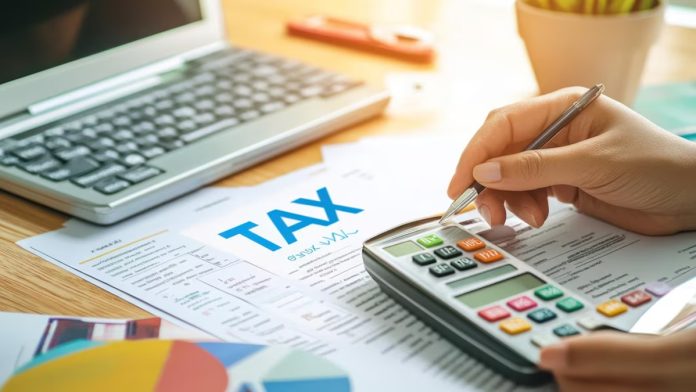House rent allowance (HRA) is a part of the salary that the employer provides to his employees to cover the rent expenses. It can be helpful in saving tax for those who live on rent. If you are looking for ways to save tax through HRA deduction, understand the important aspects of HRA and know how you can claim its tax benefits.
Eligibility conditions to claim tax deduction on HRA:
Tax deduction on a part of HRA can be availed under section 10 (13A) of the Income Tax Act if you fulfil the following conditions:
- You are a salaried person.
- You receive HRA as a part of salary.
- You live in a rented house.
- You actually pay the rent of the house, i.e. the rent receipt should be in your name.
Tax deduction on HRA can be claimed as per any one of the following:
- The amount obtained by deducting 10% of the actual rent paid by you from your basic salary.
- The actual HRA paid by your employer.
- 50% of your salary if your residence is in Mumbai, Delhi, Chennai or Kolkata and 40% in other places.
Note: Salary includes basic salary, dearness allowance (DA) and other commissions, which are applicable in the calculation of HRA.
Also read: Income Tax Updates: 7 major changes in TDS rates, STT, and Aadhaar rules effective October 1
Important points while claiming HRA deduction:
If you pay rent of more than Rs 1 lakh in a year, the landlord’s PAN number will be required to claim HRA exemption. If the landlord does not have a PAN, you will have to submit a signed declaration. If none of these is available, you cannot get the benefit of tax deduction.
HRA varies from city to city. If you live in Mumbai, Delhi, Chennai or Kolkata, you can claim up to 50% of HRA as tax deduction, while in other places it is 40%.
Since HRA is given to cover rented living expenses, you cannot claim it if you are living in your own house.
If you are living with your parents and submit rent receipts in their name,
» Read More


